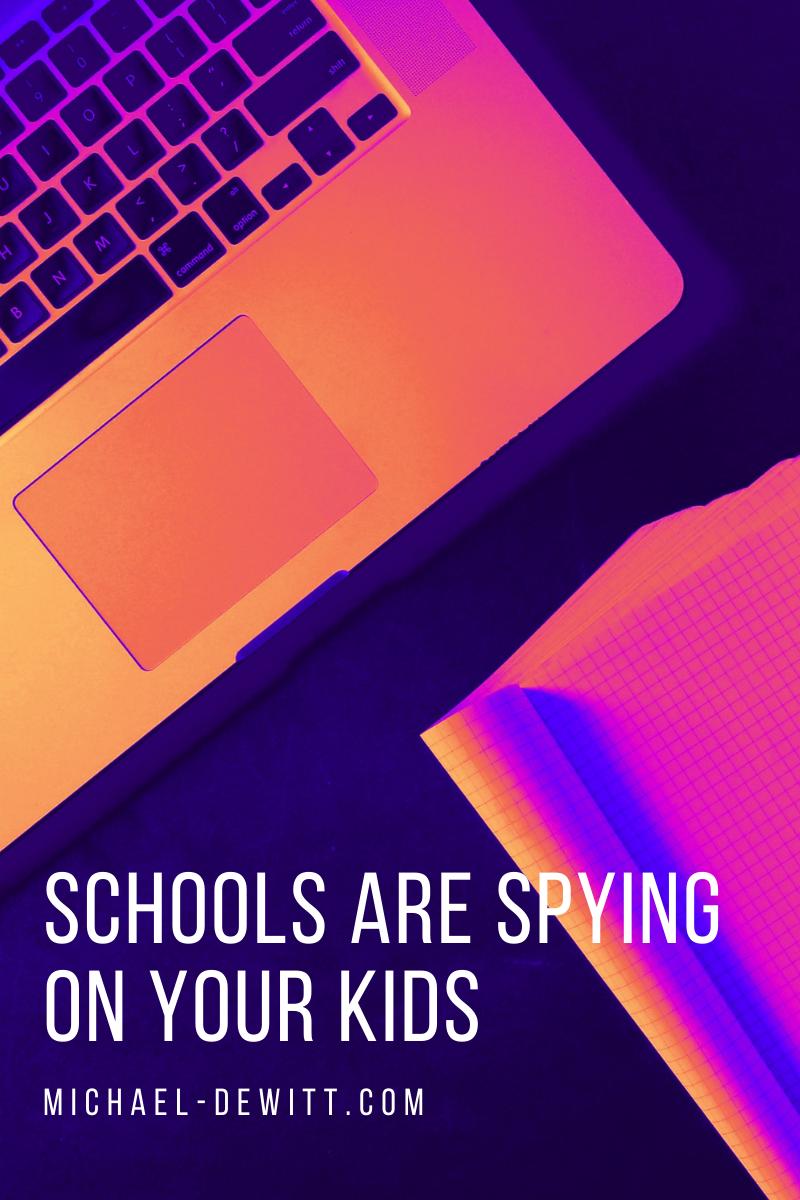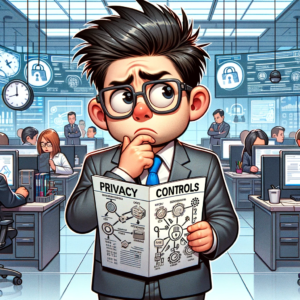Free Laptops for students
When the pandemic started in early 2020, inequality became exposed, specifically the millions of American famalies who don’t have access to laptops or broadband internet. (According to the FCC, the definition of broadband internet is a minimum of 25 Mbps download and 3 Mbps upload speeds. Broadband provides high speed internet access via multiple types of technologies including fiber optics, wireless, cable, DSL and satellite.)
After much delay, schools across the country jumped into action and distributed technology to allow students to learn remotely. To many families, this was a God-send. Families worrying about sending their kids to school no longer had that worry. Even many school districts went to far as to offer to help paying for the cost of the students internet.

According to recent research by the Center for Democracy and Technology (CDT), “86% of teachers reported that, during the pandemic, schools provided tablets, laptops, or Chromebooks to students at twice the rate (43%) prior to the pandemic, an illustration of schools’ attempts to close disparities in digital access.”
The problem is, a lot of those electronics were being used to monitor students, even combing through private chats, emails and documents all in the name of protecting them. More than 80% of surveyed teachers and 77% of surveyed high school students told the CDT that their schools use surveillance software on those devices, and the more reliant students are on those electronics, unable to afford supplementary phones or tablets, the more they are subjected to scrutiny.
These programs, such as Bark, Gnosis IQ, Gaggle, and Lightspeed, can cost the schools tens of thousands of dollars to implement, and they can be set up to search for language and online behavior indicating the possibility of violent tendencies, suicidal ideation, drug use, pornography use, or eating disorders. Students from disadvantaged backgrounds are less likely to have private electronics not subject to surveillance, and will have less privacy when it comes to doing the perverted embarrassing things all teenagers do.
Thousands of school districts across the United States have installed surveillance software on school-provided devices to monitor their students’ online interactions. If a student emails or chats with another saying they’ve been thinking of hurting themselves, or that there is trouble at home, an AI bot, or human moderator watching over the messages in real time, can send an alert to a teacher or administrator, allowing the teacher to check in within minutes and ask the student if everything is okay. “We knew that there were students out there having ideations around suicide, self-harm and those sorts of things,” a school administrator explained to the CDT researchers. “If I can save one student from committing suicide, I feel like that platform is well worth every dime that we paid.”
Hey I get it. Save the children. We want to keep our children safe from others and themselves. The Rape Abuse Incest National Network (Rainn) reported that during the pandemic more than half of their callers seeking assistance and counsel were minors, who were more likely to be trapped in their homes with abusive family members under stressful circumstances.

Bottom Line
It’s not clear whether students are going to benefit from surveillance, or if its mearly going to reduce schools’ liability when an act of violence or self-harm takes place. If teens need help, it seems obvious the best way to protect them is to ensure they have trusted adults in their lives they can turn to, not some snooping AI. When it comes to the business of emotion, we are very, very far away from AI having the ability to pick up, and understand emotions, especially from teenagers and younger. Teens deserve privacy for the same reasons the rest of us do: to not have our rights trampled on, feel paranoid, or disciplined for minor mistakes.




Interesting article on schools spying on children. I am interested in helping keep my child safe so I like these articles a lot. Thanks